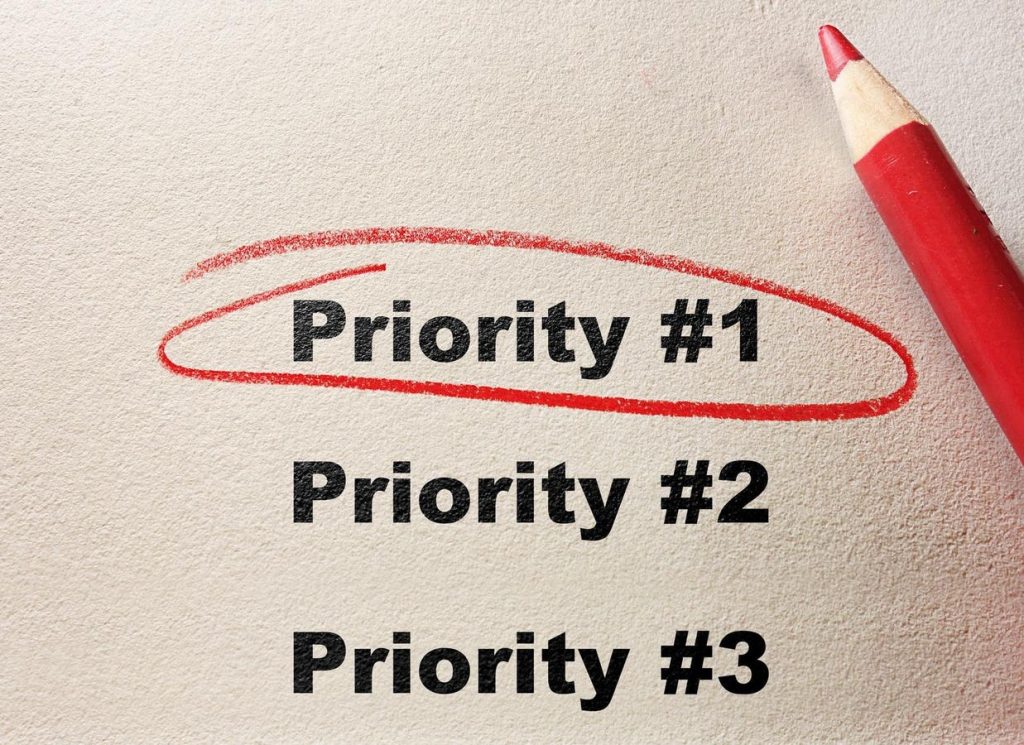Hustle culture and the ever-shortening form of advice have led to the deification of undying devotion—whether to a cause, a goal, or a priority. This oversimplification is also prominent in financial planning.
Of course, courage in the face of adversity is laudable, generically speaking, but wisdom is rarely rigid. Wisdom pauses, asks more questions, considers, calibrates, compromises, and yes—wisdom changes course.
Is it time to reprioritize?
John Maynard Keynes, one of history’s most influential economists, put it simply: “When the facts change, I change my mind.”
Ralph Waldo Emerson put it even more sharply: “A foolish consistency is the hobgoblin of little minds.”
Former Pepsi CEO Indra Nooyi echoed this idea through a modern leadership lens: “There is nothing like a concrete life plan to weigh you down. Because if you always have one eye on some future goal, you stop paying attention to the job at hand.”
So, how do we make our minds bigger? Wiser? In financial life planning, in particular, it’s by asking two simple questions.
2 Simple Questions
1. What has changed in your life?
2. What has changed with your money?
Financial advisor note: You could do worse than to start your client meetings with these two questions, or even the more open-ended question, “Has anything changed since we last talked?”
Let me give you a very real-life personal example that illustrates the vital importance of assimilating new information into our decision-making:
In March of 2023, my plans were crystal clear. My wife and I had a clearly defined set of priorities. With one child in college and another wrapping up his junior year of high school, we planned to stay where we were—in Mount Pleasant, SC, walking distance from said high school and just a bridge or two away from the beach and downtown Charleston.
After our youngest graduated from high school, we had every intention of taking advantage of relatively early empty-nesthood. We planned to move to a cobblestone street in the heart of Charleston or maybe even a bungalow on the Isle of Palms or Sullivan’s Island, a short walk from the beach and a slew of great restaurants where flip-flops are always welcome.
We’d live simply and leave space for visits with our boys, travel, the work we both love, and, of course, each other. We had it all figured out.
Then, to our shock and amazement, my wife got pregnant.
Yes, yes, we know how that happens and how it’s generally prevented, but suffice it to say that we didn’t think, and had reason to believe, that pregnancy was not medically possible for us at that time.
We were wrong. And, as you can imagine, this new information immediately triggered a series of shifts in our priorities.
What had changed in life? We were no longer early empty nesters—quite the opposite, we were older new parents!
For us, the idea of downsizing to downtown or the beach was an immediate non-starter. Now, we needed more space and access to the right schools, all at a price we could afford in a rapidly rising interest rate environment.
Yes, life had changed dramatically, and those changes would also have meaningful implications in our financial planning. And we kept asking more questions that were even scarier to consider, like: “Well, if our previous plans and priorities were now kaput, should we consider an even more drastic change to set our family up for success over the next, say, 20 years?”
We wiped the slate completely clean and started a new plan. You know by now that we didn’t move to the beach bungalow—and we didn’t even stay in town. We decided that the best move for us was to move to a completely different environment that we felt was the most conducive to the new phase of our journey, landing in Roswell, GA, just north of Atlanta, where my company is headquartered. We were able to get more house in a great school district that is also closer to both of the older kids’ colleges.
Nothing is perfect, but it’s our personal panacea.
Application
At this point, you might see my suggestion—that we must be willing to alter our priorities—as self-evident. Still, I invite you to consider for a moment the times in your life that you, or someone else, has heaped shame on you for choosing to change course in life, or in dealing with your money.
What about right now? Are you living the life you chose, as the sage Jason Isbell asks? Or have outdated priorities backed you into a corner? Have you made yourself beholden to an arbitrary number or net worth?
One of the biggest mistakes I see in wealth management is inflexible plans and priorities. If I could query the broader financial advisory industry, I promise you that those of us who’ve been in this profession for any length of time have stopped counting the number of times we’ve told an individual or family that they could’ve retired years earlier or changed careers sooner or lived somewhere else or otherwise activated their wealth more creatively.
So, let’s not do that. Let’s ask these questions: “What’s changed in my life?” and “What’s changed with my money?” at least annually—and then, let’s have the courage to quit, the freedom to flex, and the wisdom to reimagine our most meaningful life.

